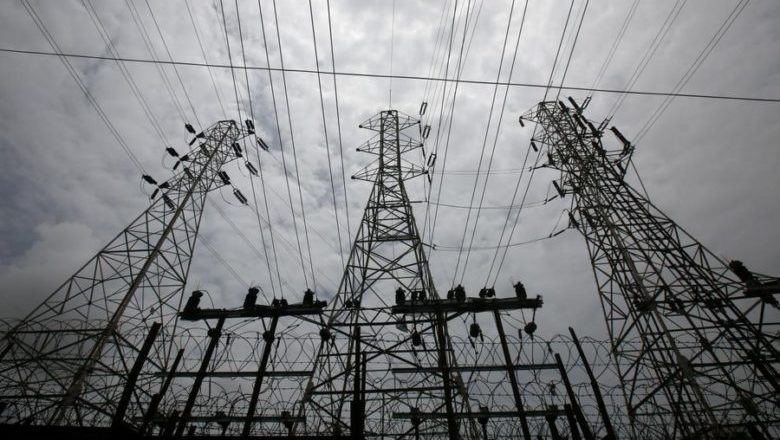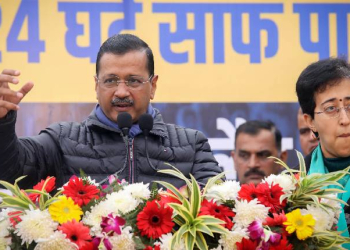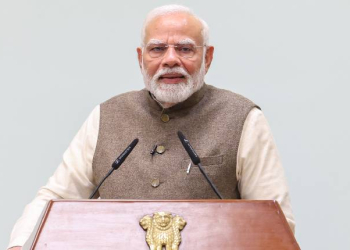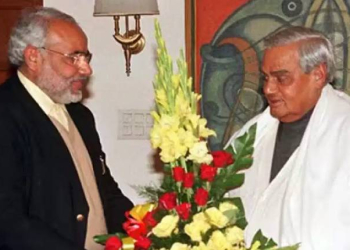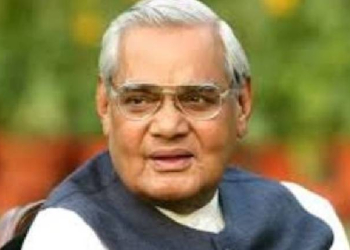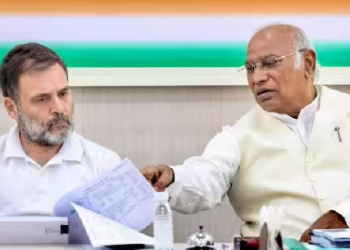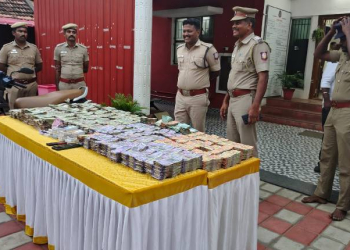New Delhi: The standing committee on energy on Thursday held the first meeting to discuss the controversial Electricity Amendment Bill, 2022, which witnessed protests from opposition MPs, who sought greater discussion with states on various provisions of the bill before it is sent to Parliament.
Lok Sabha Speaker Om Birla has given the panel three months to discuss the bill and finalise a report on it, which rules out the possibility of it being tabled in the forthcoming Winter session, which is scheduled to begin from December 7.
Sources aware of developments said that the panel is likely to meet regularly during the Winter Session to expedite the discussions on the bill, so that the report on it can be finalised by the time the Budget Session begins by January-end.
During Thursday’s meeting, out of the 14 MPs which participated, nine were from the Opposition, who sought discussions with state electricity boards and states’ power departments on the bill, sources said.
The Opposition MPs opposed various provisions of the Bill which they alleged usurp the rights of the states.
Chairman of the standing committee, BJP MP Jagdambika Pal is learnt to have told the members that earlier in 2014, the Electricity Amendment Bill was introduced in Lok Sabha but could not be passed and got lapsed, therefore efforts should be made to allow meaningful discussion on it, sources informed.
Power Secretary Alok Kumar and other officials of the ministry were also present in the meeting held on Thursday.
The bill seeks to facilitate usage of distribution networks by any entity which gets a distribution licence. This would allow consumers to choose services of any power supplier from among several players operating in a particular region, just like customers have the choice to select mobile networks.
On August 8, when the bill was introduced in Lok Sabha by Power Minister R.K. Singh, Opposition parties led by the Congress alleged that well-off consumers would opt for private distributors at the expense of state-owned distribution companies.
They had also alleged that the amendments in the legislation would allow private companies to pick and choose profitable distribution networks.
The bill was referred to the Parliamentary panel on the same day.
(IANS)



